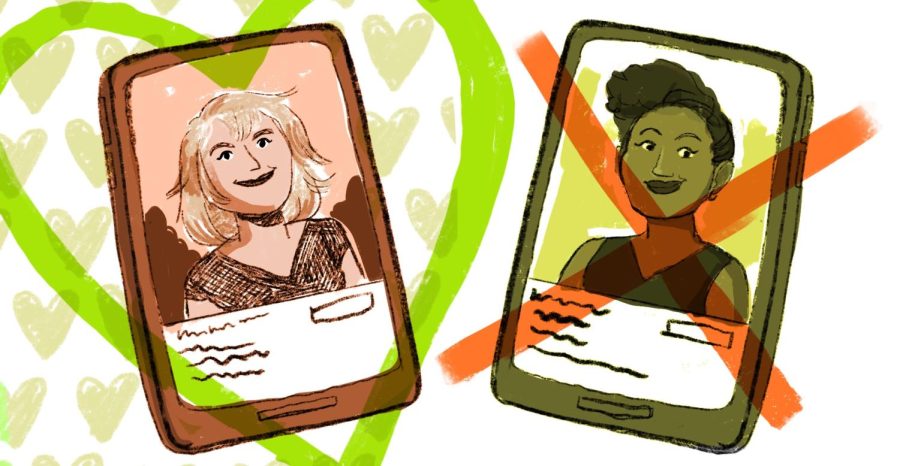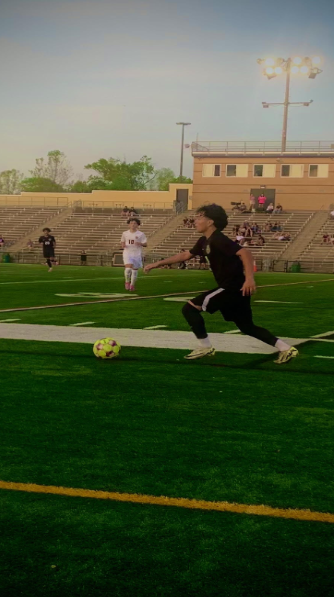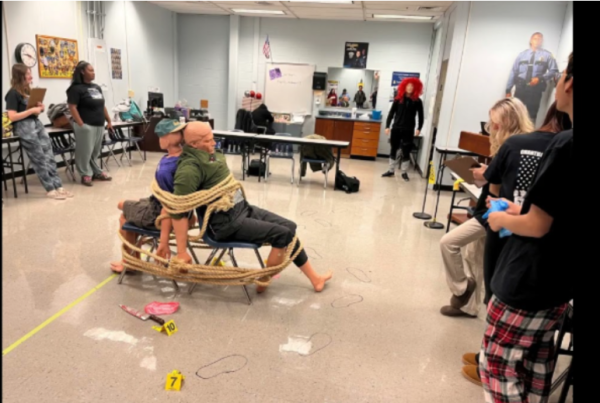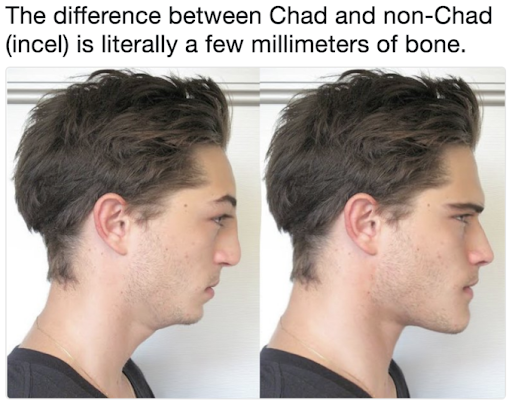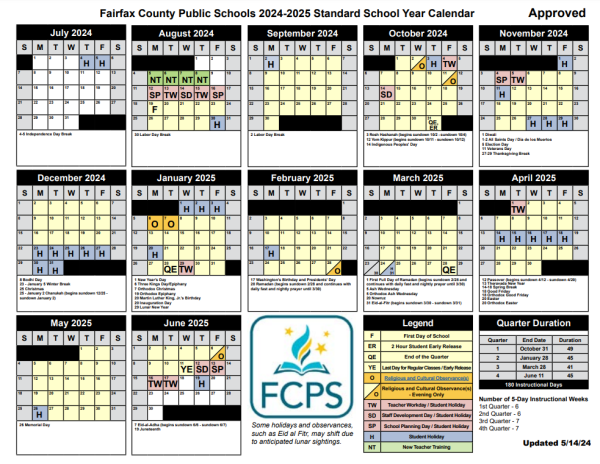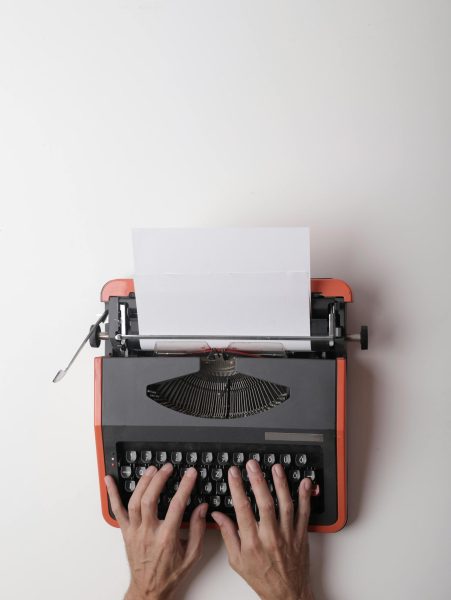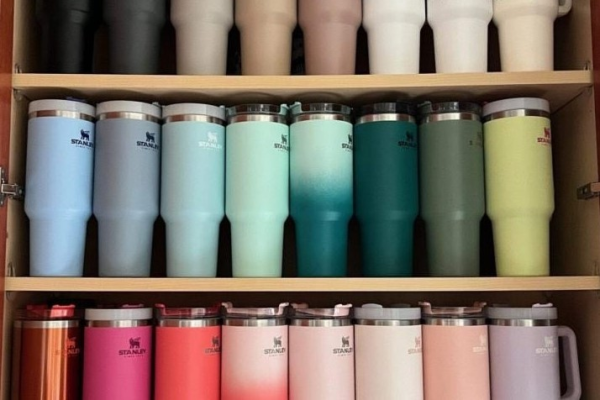DATING WHILE BLACK
Photo courtesy of Sammy Newman
An example of racism in dating.
Just ask him out!
Nothing bad is going to happen!
You just don’t put yourself out there!
As a Black woman, some variation of these words constantly flood your ears. It usually happens every time you have a crush; feelings swirl inside your heart, while discouraging words run through your head.
Will he like me for me?
Will he accept everything I’ve been through?
Does he even like Black girls?
You watch your friends fall in ‘love’, while you never get to experience those feelings. If you ever get to experience them, it must be with a Black man. Those are the only people who accept you, right? Well, maybe not. With continuous negative depictions of Black women in the media, that isn’t always the reality.
So here you are, alone, waiting for the right person which seems lightyears away because this is all you hear:
“I don’t date Black girls.”
“You’re pretty for a Black girl.”
“How funny, I’ve never been interested in Black girls before.”
“Mmm, chocolate.”
Those words (which have actually been said to Black women before) make giving up seem blissful.
Black women have to deal with a unique blend of racism, fetishization, and abuse that make dating miserable. Most of these struggles are dependent on ‘forgotten’ racial ideologies.
So, let me educate you.
There are three main racial caricatures associated with the Black woman: the mammy, the sapphire, and the jezebel.
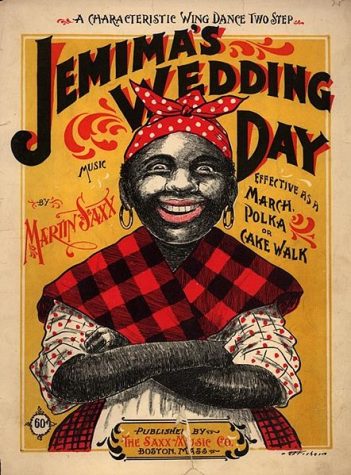
The mammy originated from the antebellum era (the years following the Civil War.) The mammy was used as a way to conceal the relationships between house slaves and their masters, by portraying the house slave as this unattractive, bigger, older, darker woman. This stereotype depicts bigger, darker Black women as unattractive in the eyes of society, perpetuating this belief of ‘the lighter, the better.’ This caricature did not create colorism, but it continues to promote it.
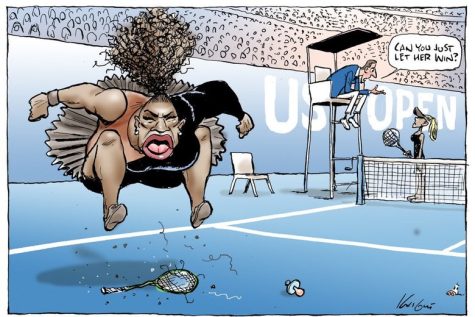
The sapphire was created out of the mammy caricature. The character of Mammy, played by Hattie McDaniel, from the infamous movie Gone with the Wind, was one of the first ‘sapphires.’ Her snarky remarks and attitude inspired this character. The sapphire fabricated this notion that black women are sassy and judgemental which oftentimes makes people think that Black women are rude; a feature NO ONE looks for in a partner.
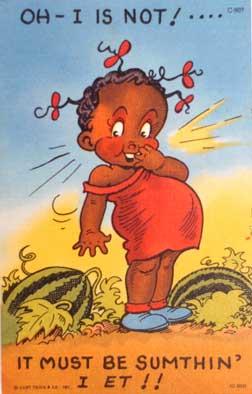
The final caricature is the jezebel. The jezebel has been one of the longest running stereotypes attributed to Black women. The jezebel began during the colonial period; European colonizers were shocked to see that many African women did not cover their bodies, due to the hot climate. Because European women covered their bodies, these women must have been promiscuous because they didn’t. When dating, many people expect Black women to be ‘easy’ and ‘give it up.’ People date Black women due to the attractiveness of their bodies, and not their personalities.
“With dating, you can’t really find someone who likes you for you,” Jupiter Spencer, 12, contemplated. “They can’t really see past your appearance. There’s a lot of ‘I don’t date black girls,’ and that’s weird.”
Dating a Black woman solely for the fact that she’s Black opens up another realm: festishization. Although it isn’t talked about, fetishization is very common. Fetishization is the act of being attracted to someone based on a part of their identity, in this case: hair texture and color, skin tone, accent, etc. This is usually linked back to the Jezebel caricature.
“It was festishization,” reflected Spencer when asked about poor dating experiences. “A lot of ‘oh I like you because you have an afro,’ and ‘I like you because you sing and dance.”
Fetishization is rooted in racism. People who fetishize Black women assume that they must act stereotypical: ratchet, loud, angry, sexual, musical, etc. When Black women don’t act those ways, people label them as being ‘two-faced,’ luring men in with one personality then showing another once they’re captured. The entire theory sounds fantastical, but people actually believe it. This belief often rots the brains of young Black girls causing them to think they MUST act this way to be attractive.
Black women are expected to be strong; they’re expected to ignore anything that might offend them. Although it has been ‘proven’ that Black people have a higher pain tolerance, due to Post Traumatic Slavery Disorder (generational PTSD from slavery), it has never been proven that they can tolerate higher levels of emotional/mental pain. I say ‘proven’ because it has been exploited, in medical fields, as a way to label Black people as ‘drug-addicts’ whenever they’re in pain. But that isn’t the point we’re addressing, though not fully irrelevant in this case since this idea provides an excuse for the continued violence against Black women. As a Black woman, myself, many people ignore my feelings. I’ve had counselors tell me that ‘I’m overreacting’ when I would go into their offices begging for help. I’ve had teachers put more pressure on me because ‘I can handle it.’
◊◊◊
Though this isn’t a usual part of Watchdog articles, I wanted to explain why I wrote this. I live everyday with the constant reminder that I’m not valued as much as everyone else. I see it on TV, hear it on the radio, and read it in the news. I wrote this article to highlight some of the things that black women have to experience.
“As a Black woman I date a lot of Black guys, and around here they seem to have a certain type. You really wonder sometimes, do Black guys like Black girls?” Mackenzie Vance, 11, stated. “With dating outside your race you have to question: is he gonna get how I feel, understand what I’ve been through, and what it’s like?”
“I live in the suburbs and it is not as diverse as other parts of Northern Virginia. So, if I want to date an African American man it is difficult to find one.” explained Shawn English, history teacher. “I don’t think there is a Black woman alive, who hasn’t been prejudged or had her feelings dismissed because of these stereotypes. Despite these stereotypes, I have always chosen men who appreciate what makes me a Black woman. They realize that what others might perceive as negative is actually the Black woman’s strength.
“When I was growing up, interracial relationships existed but not as frequently as they do today. In today’s society, and in this area, more people are accepting of interracial relationships. However, there are definitely parts of this country where interracial relationships might exist, but are not as accepted by the community in which they live.”
I’ve noticed that many of my peers cannot relate to me and my experiences. Everything is labeled as ‘constantly bringing race into everything’ which completely invalidates what I’m experiencing. Race is something that I cannot escape because so much of my existence is dependent on it: if I get a job, pain medication, followed in the store, killed by police, a partner, etc. I’m labeled as ‘unattractive’ because I don’t fall within the confines of the [WESTERN] beauty standard. I get good grades, speak my mind, and, most importantly, am BLACK. Non-Black guys turn their heads the other way because bringing home a Black girl isn’t always socially acceptable, and Black guys turn their heads because they’ve been conditioned to hate darker women. Of course, most people see this as just having ‘preferences.’ Preferences that are okay to have when they’re towards white people, but not necessarily people of color.
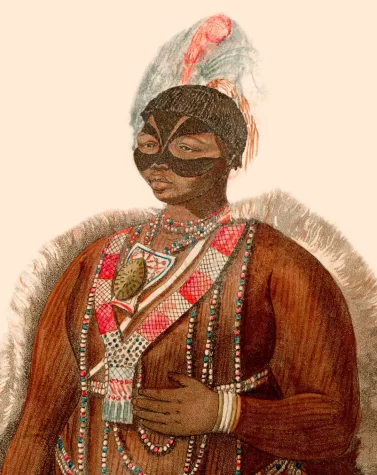
I wrote this article to help educate people. As time goes by, this much-needed education is banned throughout the country. Whether it’s through the banning of books or the elimination of ‘critical race theory.’ I wrote this article to show that my feelings/experiences are not uncommon, like people say they are. I wrote this article to shed light on serious issues that some people never have to think about. I wrote this article because I was tired of being invalidated.
I’ve done my part — lived and shared my experiences — now it’s your turn. Take this information and run with it. Start thinking for yourself.
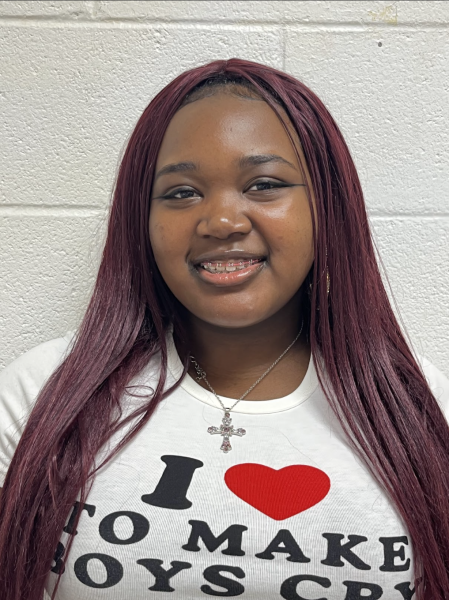
Hello, I'm Naysa the Senior-Editor In Chief of the paper! I love all forms of art and self expression <3

